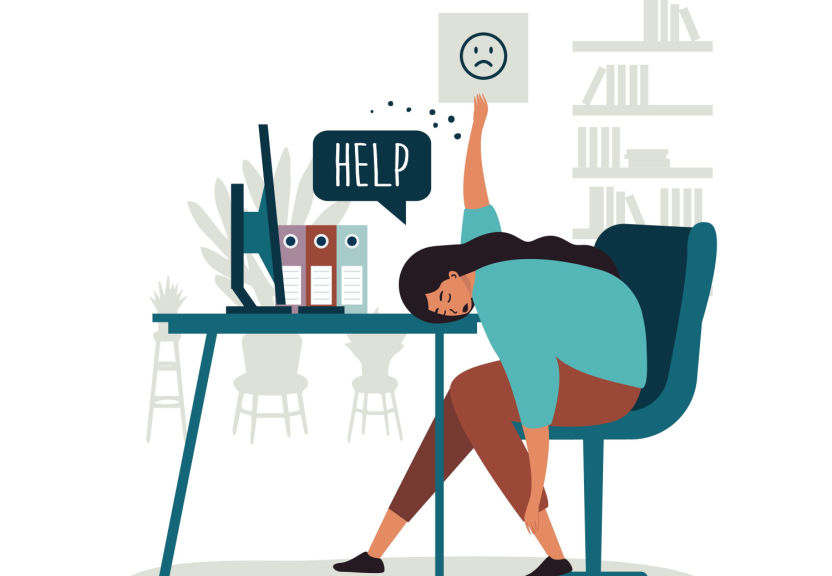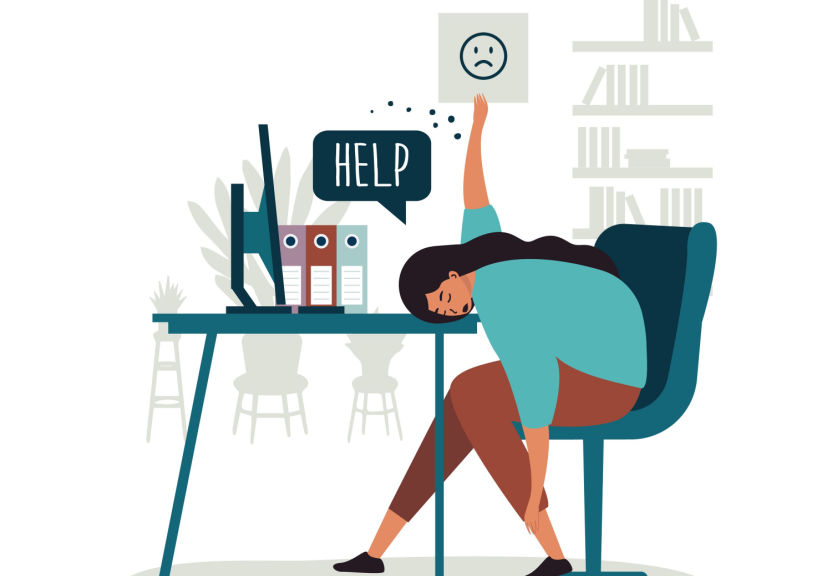The Hidden Costs of Chronic Stress
Stress is a normal part of life, but when it becomes chronic, it can have negative effects on both physical and mental health. Stress can be caused by a variety of factors, including work, relationships, financial problems, and major life changes.
When an individual experiences stress, the body releases hormones such as cortisol and adrenaline, which can lead to physical symptoms such as increased heart rate, blood pressure, and muscle tension. These symptoms can increase the risk of developing chronic health conditions such as heart disease, diabetes, and obesity. Stress can also cause headaches, digestive problems, and sleep disturbances.
Chronic stress can also have a negative impact on mental health. Stress can cause feelings of anxiety and depression, and can also worsen symptoms of existing mental health conditions. People who experience chronic stress may also be more likely to develop conditions such as post-traumatic stress disorder (PTSD) and substance abuse disorders.
Stress can also affect cognitive function, leading to problems such as difficulty concentrating and memory problems. Stress also has a negative impact on the immune system, making people more susceptible to infections and illnesses.
It’s important to manage stress levels in order to maintain good physical and mental health. Some effective stress management techniques include regular exercise, relaxation techniques such as yoga or meditation, and talking to a therapist or counselor. Engaging in activities that bring joy and pleasure, such as hobbies and spending time with loved ones, can also help to reduce stress levels.
Stress isn’t all bad, as a little bit can motivate people to meet deadlines or perform well in sports. However, when stress becomes chronic, it can have negative effects on health, and it’s important to take steps to manage it.
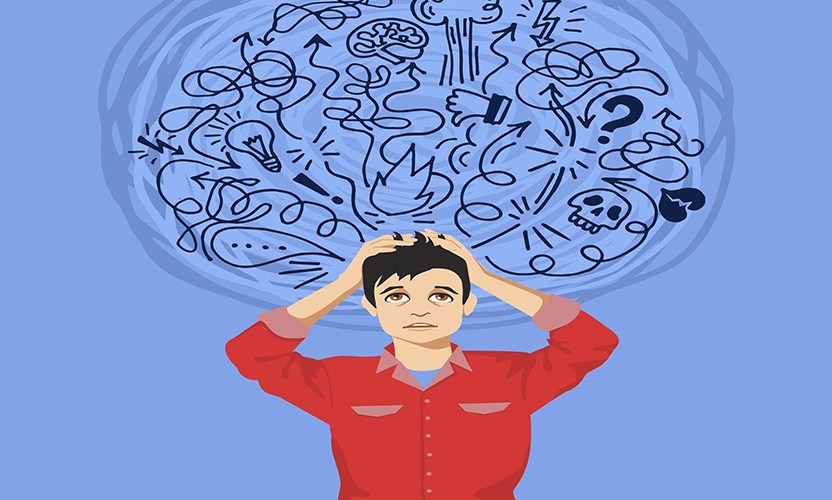
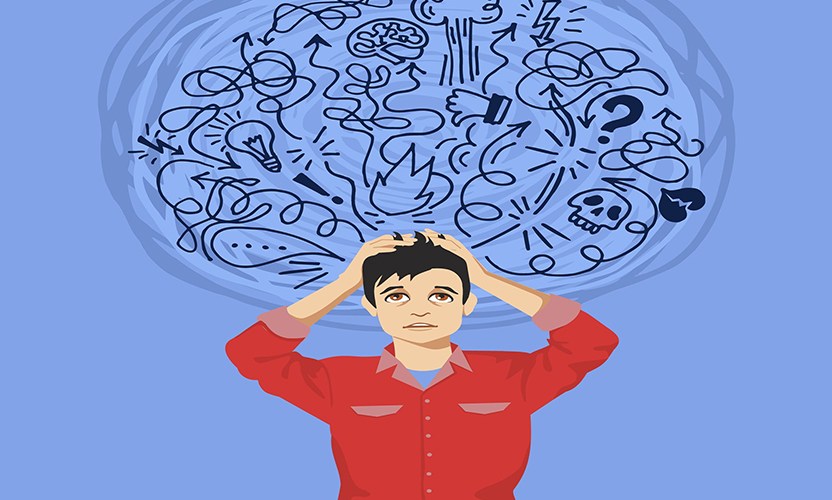
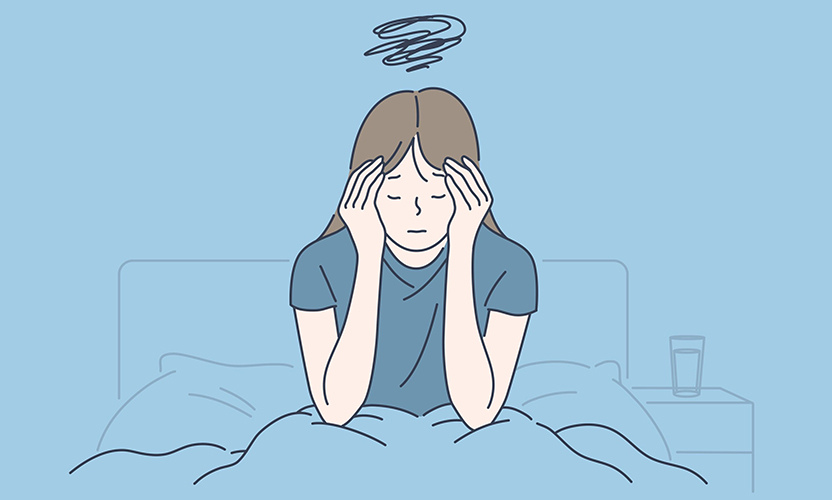
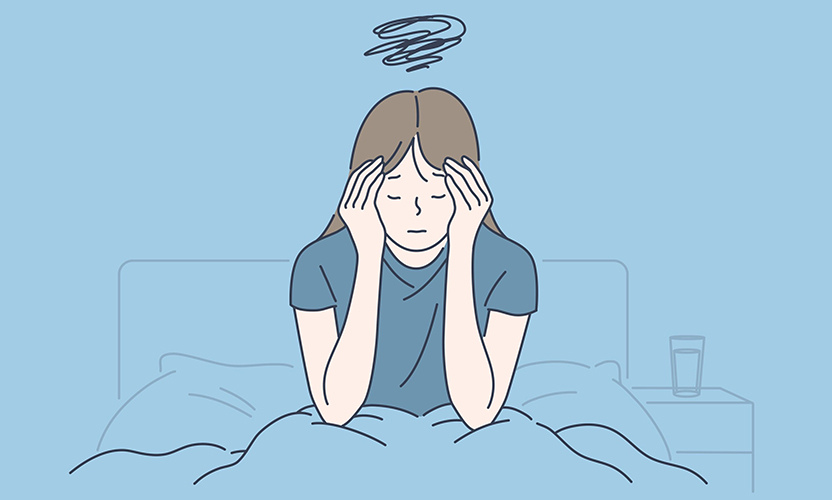
Finally, stress is a normal part of life, but when it becomes chronic, it can negatively impact physical and mental health. Finally, stress is a normal part of life, but when it becomes chronic, it can negatively impact physical and mental health. Regular exercise, relaxation techniques, and talking to a therapist or counselor can all be effective stress management techniques.
The articles and information within this website are my sole opinion and derived from my sole experience. They are meant for general information purposes only and is not meant to substitute professional dietary and/or health advice or treatment. If you have or suspect you may have allergies or medical issues which may be affected by certain foods, or have or suspect you may have any illness and/or disease and/or chronic ailment and/or other, you should promptly contact your health care provider. Any statements regarding diets and/or nutrition and/or health are to be used at your discretion and are not intended to diagnose, treat, cure or prevent any disease.










